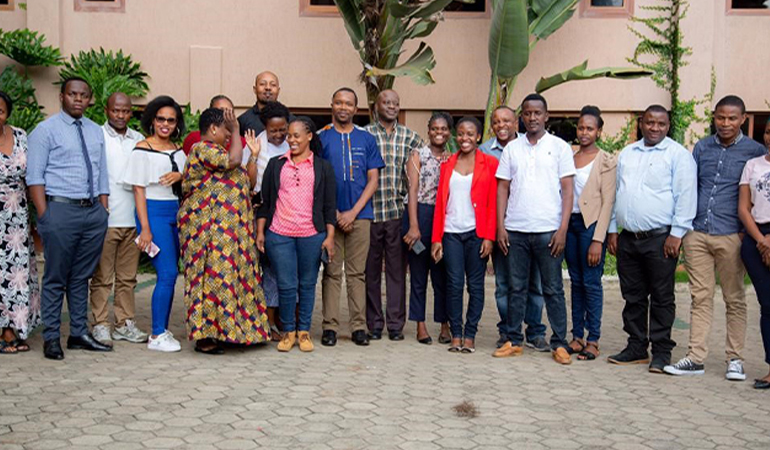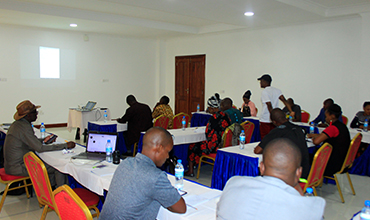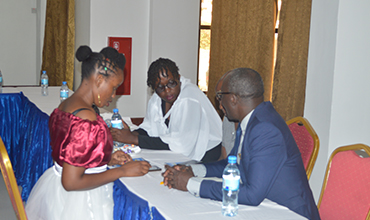Working For Pro Poor Mining Sector in Tanzania:....... Donate Now.
Public Education and Activism

Public Education and Activsm
Public Education and Outreach program provides education and sensitization on policies, laws and information to small scale miners and communities in mining areas with the aim of enhancing knowledge base to small scale miners and the mining affected communities and trigger their capacity to influence decision making bodies to respond to their needs. The program likes to see people’s active participation in pushing the government to adhere to the best mining practices and rights of small-scale miners and the affected mining communities.
Context
Despite a remarkable endowment of its mineral wealth, making one of Africa’s leading mineral rich countries, Tanzania has not succeeded in translating its mineral wealth into overall economic development. The net impact of the mining sector on Tanzania’s development has been relatively low. The government recognizes this fact and increasing public discontent within the sector manifests.
While it is an undeniable truth that the move to allow the private sector to participate in the mining industry was well intentioned, the reality is that it was built upon weak foundation (policies and institutions). This is well echoed in the lucrative mining industry, which has been mainly benefiting multinational companies, while paying the government a small slice of the cake.
It is unbeatable reality that, these natural resources have not been translated and transformed into wealth in a satisfactory manner. The contribution of the mining sector to the national economy and social development does not meet the expectations of the people.
Challenges:
- Lack of information and knowledge on mining policy and relevant laws caused by lack of dissemination of laws and policies to the public and technical nature of the documents themselves, thus affects the local community livelihoods.
- Ineffectiveness of communities to play a role in the governance and management of mining operations due to opacity and systematic marginalization compared to other natural resource sectors such as fishery and forestry
- Weak community organization and capacity to participate in designing of policies, economic, social and environmental management processes that impact their lives.
- Lack of a harmonious relationship between local communities and companies as a result of inequitable sharing of benefits and constructive dialogues between companies and communities.
The program desires the following outcomes:
- Training of paralegals and human right monitors
- Informed policy makers
- Engaged communities
- Citizens deal confidently with government
- Improved livelihood of artisanal scale miners and communities in the mining areas
Program Strategy:
- Creating awareness and building the capacity of the mining community on laws, policy and mining governance in Tanzania.
- Engage the policy makers in promoting transparency within the sector.
- Empower citizens and marginalized small-scale miners with constant interventions and knowledge on how to amplify their voices to address their concerns.
- Physical visits to areas where HakiMadini works to create close interactions and provide public education to strengthen citizen understanding of very basic issues concerning the sector and how to benefit from it.
- Networking/partnership/campaigning
- Media engagement – radio and TV programs, social media (YouTube, Facebook and Twitter)
Search
Activities
Useful Links

Subscribe Us
Subscribe us and get latest news and
upcoming events.
upcoming events.
Donate us to achive our goal
Working for pro poor mining sector that benefit
all Tanzanians
all Tanzanians







